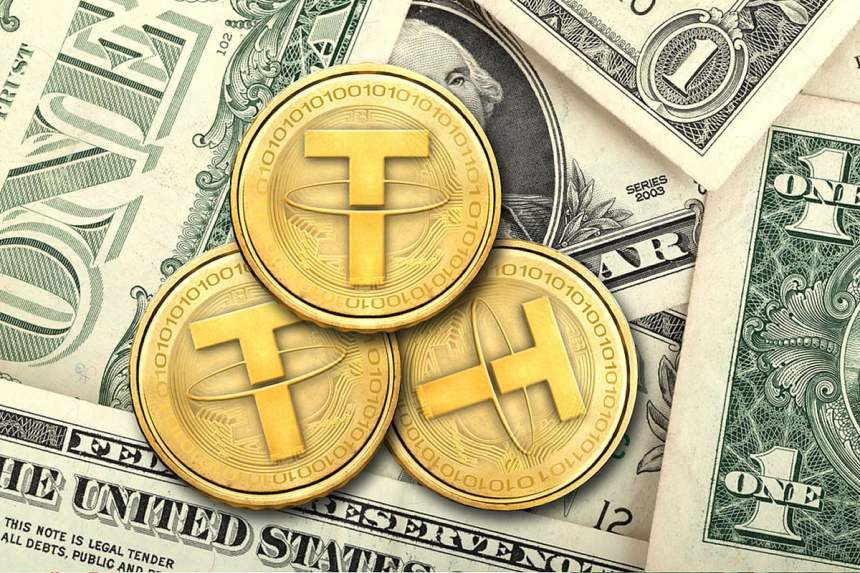Tether incurred severe criticism after its supposed stablecoin USDT lost its value against the U.S. Dollar.
On Tuesday, the USDT/USD dropped towards 0.95 across several cryptocurrency exchanges, stirring panic among investors who were arbitraging between the crypto-assets.
On the same day, a new report surfaced about Noble Bank, Tether’s banking partner, revealing its poor financial health. The Puerto Rick bank served as a fiat gateway to it, as well as BitFinex, a well-known Bitcoin exchange. But when the bank announced that it was open for sale, both Tether and BitFinex decided to call it quits.
The poor fundamental could have been the most natural explanation behind Tether’s dismissive performance on October 2. But an indirect connection between the founders of Noble Bank, Tether and BitFinex raised doubts whether the stablecoin project is legitimate or not.
Brock Pierce, who is the founder of Noble Bank, also co-founded Tether. Eugene Sullivan, who is in the board of advisors of Noble Bank, also happens to be the senior partner at Freeh Sporkin & Sullivan, a legal consultancy which served as auditors to Tether and Noble Bank. An independent blogger drew the connections between the firms concisely. Have a look:
The revelations argue whether Tether, which promised transparent auditing of his USD holdings in its whitepaper, misled its community or not. The project first fired Friedman LLP., their financial auditor, then hired Freeh Sporkin & Sullivan to do a “non-financial audit,” – as Stu Hoegner, Tether’s general counsel quoted, and later dismissed the possibility of a financial review in near-term.
“The barriers to getting audited are simply too big to overcome right now, and not just for us,” he told media.
It has led the cryptocurrency community to believe that Tether is printing fake dollar bills in the form of USDT. According to them, Tether might not even have the money to back their USDT supplies, which is why they are willing to sell Noble Bank for a cost of $5-10 million. The bank itself came under the scrutiny of the Puerto Rican bank regulator last year, though the authorities never charged them publicly.
Amidst the chaos, it is the investors who have started to believe that Tether could be a misleading company, if not a scam entirely.
Most concise explanation so far in the threadhttps://t.co/hpFLILWVjV
— Luke Martin (@VentureCoinist) October 3, 2018
Looks like about $5 million exited Tether for dollars yesterday on Kraken. pic.twitter.com/fR3PiLI0CB
— Chris Carolan $=1/∞ (@spiralcal) September 30, 2018
If there come a time when it hits the ground and loses its USD peg, then the best the market could witness is investors swapping their weaker USDT holdings with other coins, notably Bitcoin. Nevertheless, if there could be the slightest possibility of coming come out clean, Tether should not miss it.
Featured image from Shutterstock.
